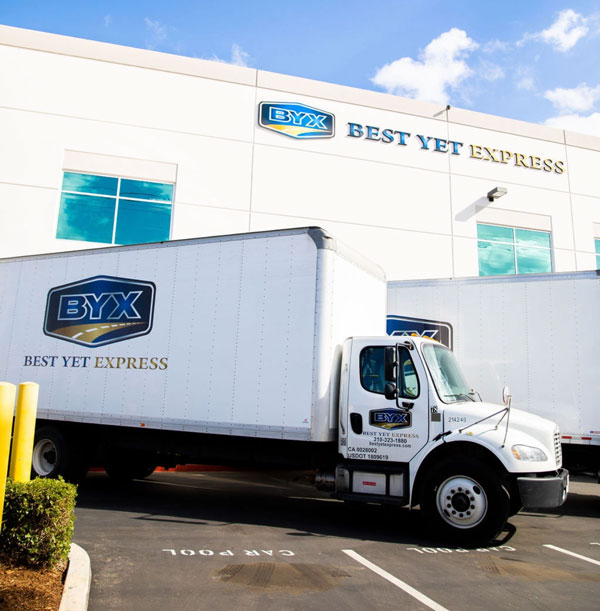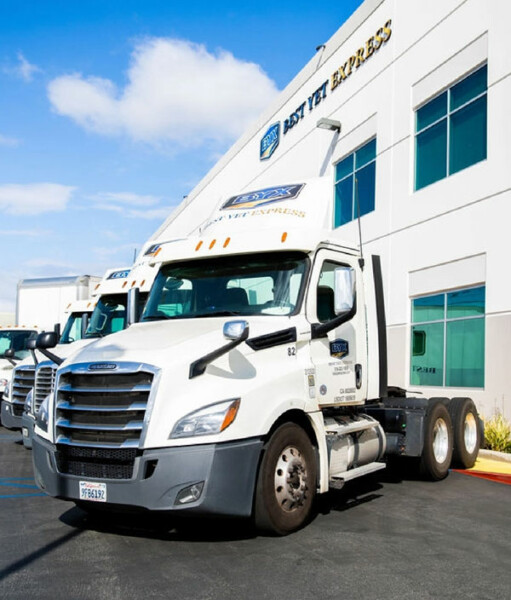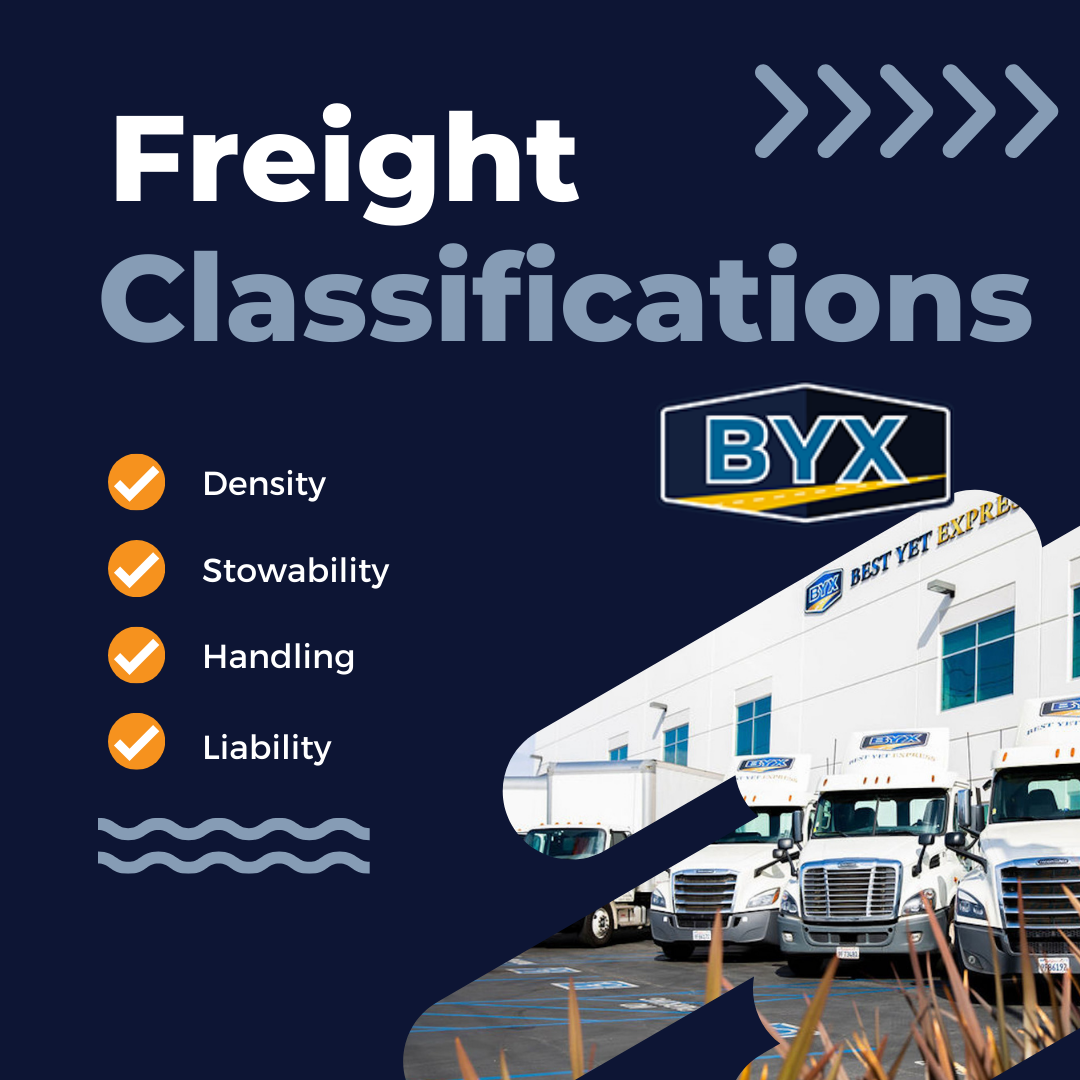In the fast-paced world of logistics and transportation, myths and misconceptions often abound, shaping perceptions and influencing decisions. From outdated beliefs to misunderstood practices, separating fact from fiction is crucial for businesses to make informed choices and navigate the complexities of the trucking industry. In this blog post, we aim to debunk some common freight myths and shed light on the realities behind them.
Myth 1: All Carriers Offer the Same Services
One prevalent misconception is that all trucking companies provide identical services. In reality, each carrier has its own unique capabilities, specialties, and service offerings. Some may excel in expedited deliveries, while others specialize in specific types of cargo or have extensive regional expertise. It’s essential for shippers to conduct thorough research and choose a carrier that aligns with their specific needs and requirements. What does BYX specialize in? Expedited, regional less than truckloads (LTL) and truckloads (FTL) in bobtails and dry vans. We also have a brokerage division that finds carriers that specialize in whatever service you need.
 Myth 2: Lower Rates Always Equate to Cost Savings
Myth 2: Lower Rates Always Equate to Cost Savings
While cost is undoubtedly a crucial factor in freight transportation, opting for the lowest rate isn’t always the most cost-effective choice in the long run. Cheap rates may come with hidden fees, unreliable service, or subpar quality, leading to delays, damages, or additional expenses. Instead of solely focusing on the lowest price, shippers should prioritize value, considering factors such as reliability, service quality, and overall efficiency when selecting a carrier. While we offer competitive pricing we also offer the quality of service and reliability of the more expensive carriers. We guarantee the biggest bang for your buck..every time!
Myth 3: LTL Shipping is Always Cheaper than FTL
Less Than Truckload (LTL) shipping is often perceived as a cost-saving option for small or partial shipments. However, this isn’t always the case. While LTL can be more economical for smaller loads, Full Truckload (FTL) shipping may offer better rates and efficiency for larger shipments that fill an entire trailer. Shippers should evaluate their cargo volume, frequency, and specific requirements to determine whether LTL or FTL is the most cost-effective solution for their shipments.

Myth 4: Transit Time Guarantees Ensure On-Time Delivery
Many carriers offer transit time guarantees to assure customers of timely deliveries. However, it’s essential to understand that transit times are estimates and not guarantees of exact delivery times. Various factors, such as weather conditions, traffic delays, and unforeseen circumstances, can impact transit times. While carriers strive to meet their commitments, shippers should account for potential variables and communicate realistic expectations with their customers.
Myth 5: Using a Freight Broker is Required
We value our relationships with the brokers we work with but it is a large misconception that using a freight broker to manage your shipments is required. It’s not. Working directly with a trucking company offers several advantages over hiring a freight broker. Firstly, it provides greater control and visibility over the entire shipping process, allowing for more direct communication and quicker problem resolution. Additionally, working directly with a trucking company can lead to cost savings as it eliminates the (less than transparent) broker’s fee from the transportation expenses. This direct relationship also fosters better relationships between the shipper and carrier, potentially leading to more favorable terms and consistent service. Furthermore, by cutting out the intermediary, there’s often a streamlined process with fewer layers of communication, resulting in faster decision-making and more efficient logistics management. Overall, the direct engagement with a trucking company can offer increased efficiency, cost savings, and improved service quality for shippers.
In conclusion, debunking freight myths is essential for shippers and logistics professionals to make informed decisions and optimize their transportation strategies. By separating fact from fiction and understanding the realities behind common misconceptions, businesses can navigate the trucking industry more effectively, improve efficiency, and enhance overall supply chain performance.







